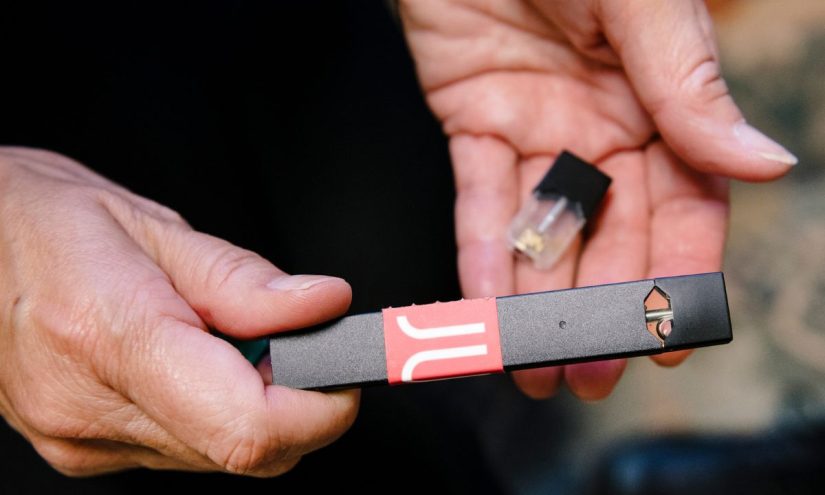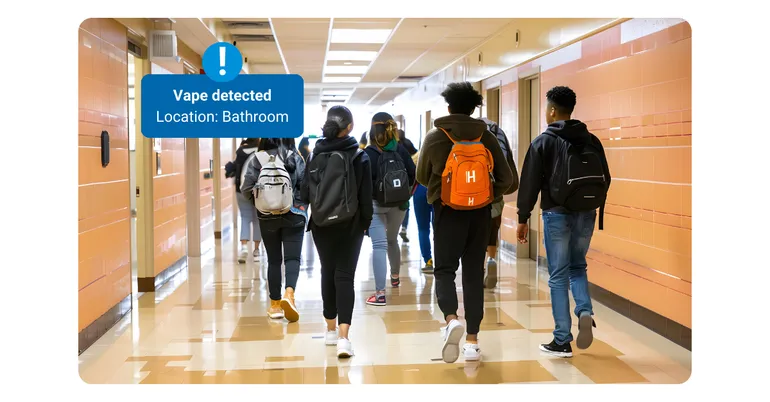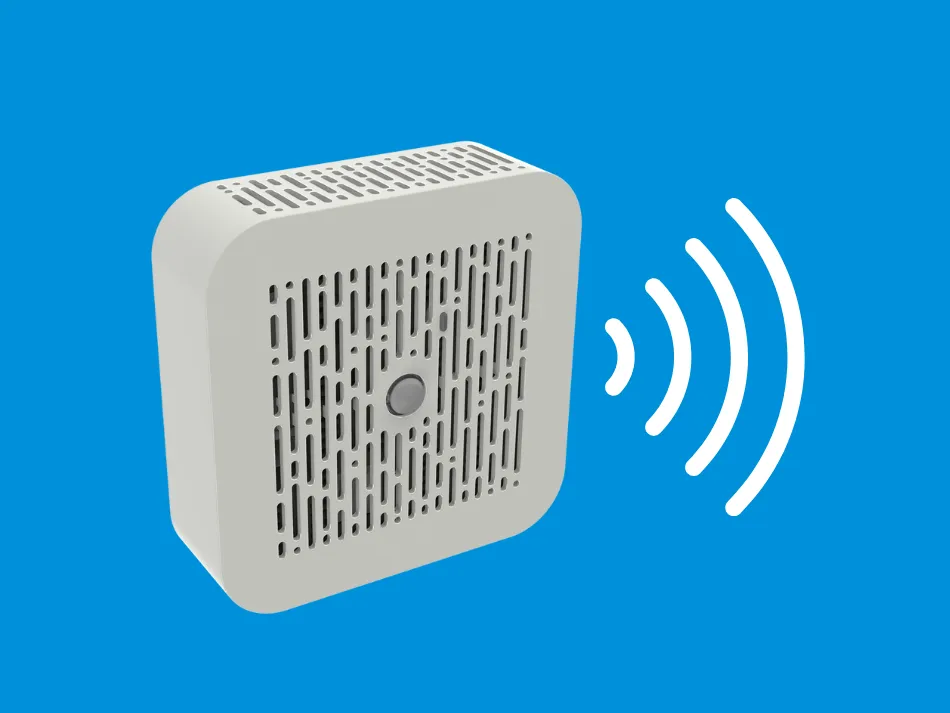School (in)Security is our biweekly briefing on the latest school safety news, vetted by Mark Keierleber. Subscribe here.
It was in physical education class when Laila Gutierrez swapped out self-harm for a new vice: Vaping.
Like students across the country, Gutierrez got dragged into a nicotine-fueled war between vape manufacturers, who used celebrity marketing and fruity flavors to hook kids on e-cigarettes, and educators, who’ve turned to surveillance tools and discipline to crack down on the youngest users. Gutierrez was suspended for a week after she was nabbed vaping in a crowded school bathroom during her lunch hour.
In my latest investigative deep dive, co-published this week with WIRED, I reveal how school districts across the country have spent millions to install vape-detecting sensors in school bathrooms — once considered a digital surveillance no-go. The devices prioritize punishment to combat student nicotine addiction.
My analysis of public records obtained from Minneapolis Public Schools reveals the sensors inundated administrators with alerts — about one per minute during a typical school day, on average. Their presence brought a spike in school discipline, records show, with suspensions dwarfing treatment services and younger middle school students facing the harshest consequences.
The sheer volume of alerts, more than 45,000 over seven months across four schools, raises questions about whether they’re an effective way to get kids to give up their vape pens. And some students voiced privacy concerns about the sensors, the most high tech of which can now reportedly detect keywords, how many young people are in the bathroom at one time and for how long.
“Surveillance is only a diagnosis,” Texas student activist Cameron Samuels told me. “It only recognizes symptoms of a failed system.”
In the news
Charlotte, North Carolina, school officials reported more than 30,000 students absent on Monday, two days after federal immigration agents arrested 130 people there in their latest sweep. That more recent data point underscores the 81,000 school days missed by more than 100,000 students in California’s Central Valley after immigration raids earlier this year, according to a newly peer reviewed Stanford University study. | The 74
- Los Angeles schools have lost thousands of immigrant students — from 157,619 in the 2018-19 school year to just 62,000 this year — because of the city’s rising prices and falling birth rates. Now, that trend has intensified after the “chilling effect” of recent federal immigration raids, district officials said. | The 74
- Student enrollment is dropping in school districts across the country amid President Donald Trump’s immigration crackdown. In Miami, for example, the number of new immigrant students has decreased by more than 10,000 compared to last year. | The Associated Press
Ten Commandments: Siding with the families of students who argued they infringed on their religious freedom, a federal judge on Tuesday ordered some Texas public school districts to remove Ten Commandment displays from their classroom walls by next month. | The New York Times
- 28 Bills, Ten Commandments and 1 Source: A Christian Right ‘Bill Mill’. | The 74
Online gaming platform Roblox announced it will block children from interacting with teens and adults in the wake of lawsuits alleging the platform has been used by predators to groom young people. | The Guardian
Furry and freaky: “Kumma,” a Chinese-made teddy bear with artificial intelligence capabilities and marketed toward children, is being pulled from shelves after researchers found it could teach its users how to light matches and about sexual kinks. | Futurism
A teenage girl from New York reported to a police officer at school that her adoptive father had been raping her at home for years. The officer, who didn’t believe her, bungled the case — and she was abused again. | New York Focus
‘Brazen cruelty’: A federal judge has ordered the release of a 16-year-old Bronx high schooler who has spent nearly a month in federal immigration custody despite having a protective status reserved for immigrant youth who were abused, neglected or abandoned by a parent. | amNewYork
Sign-up for the School (in)Security newsletter.
Get the most critical news and information about students’ rights, safety and well-being delivered straight to your inbox.
Civil rights groups have decried proposed federal changes to the Education Department’s data collection on racial disparities in special education that could make it more difficult to identify and address service gaps. | K-12 Dive

‘Dead-naming’ enforced: A Texas law now requires school employees to use names and pronouns that conform to students’ sex at birth. Several transgender students whose schools are complying say it has transformed school from a place of support to one that rejects who they are. | The Texas Tribune.
ICYMI @The74

Emotional Support

“Let’s circle back in 2026.”
-Taittinger, already
Did you use this article in your work?
We’d love to hear how The 74’s reporting is helping educators, researchers, and policymakers. Tell us how




